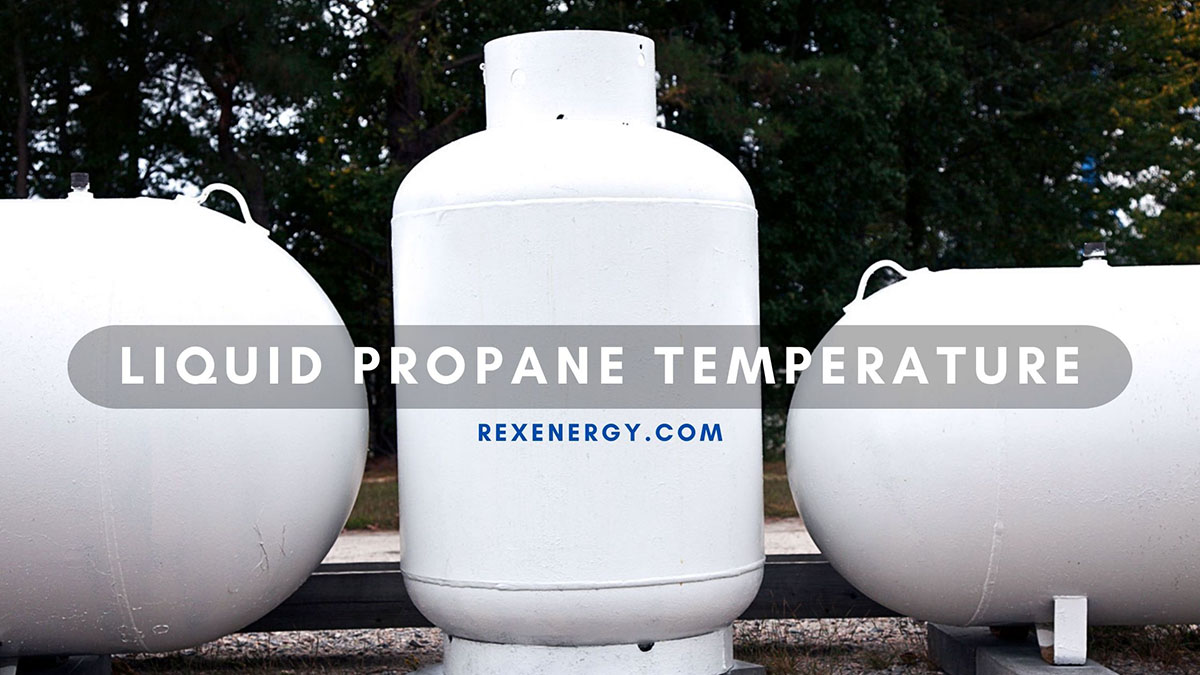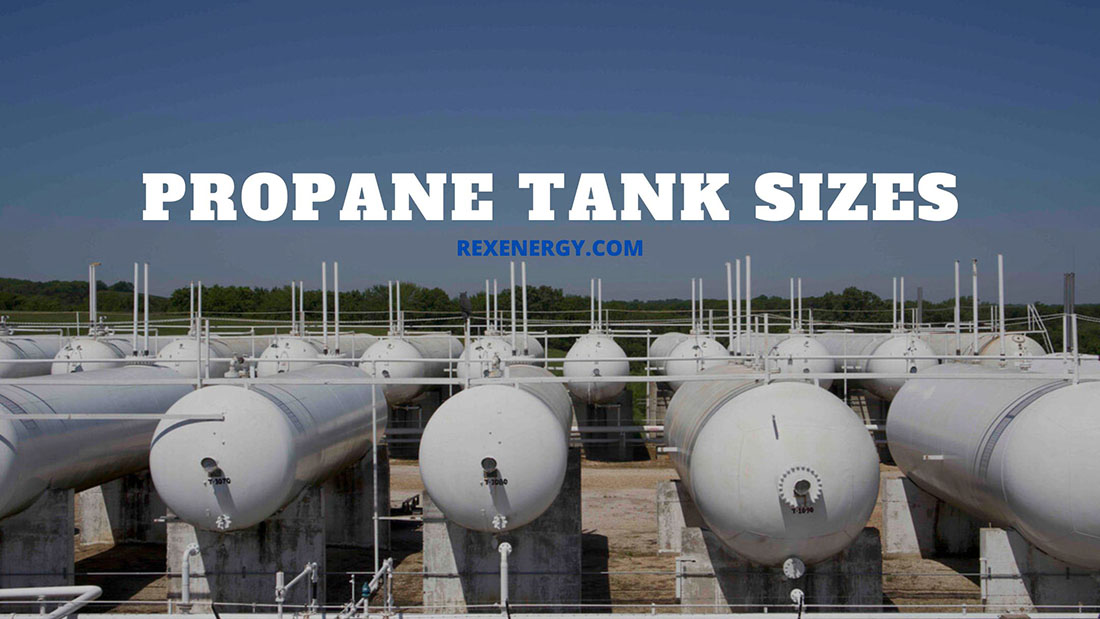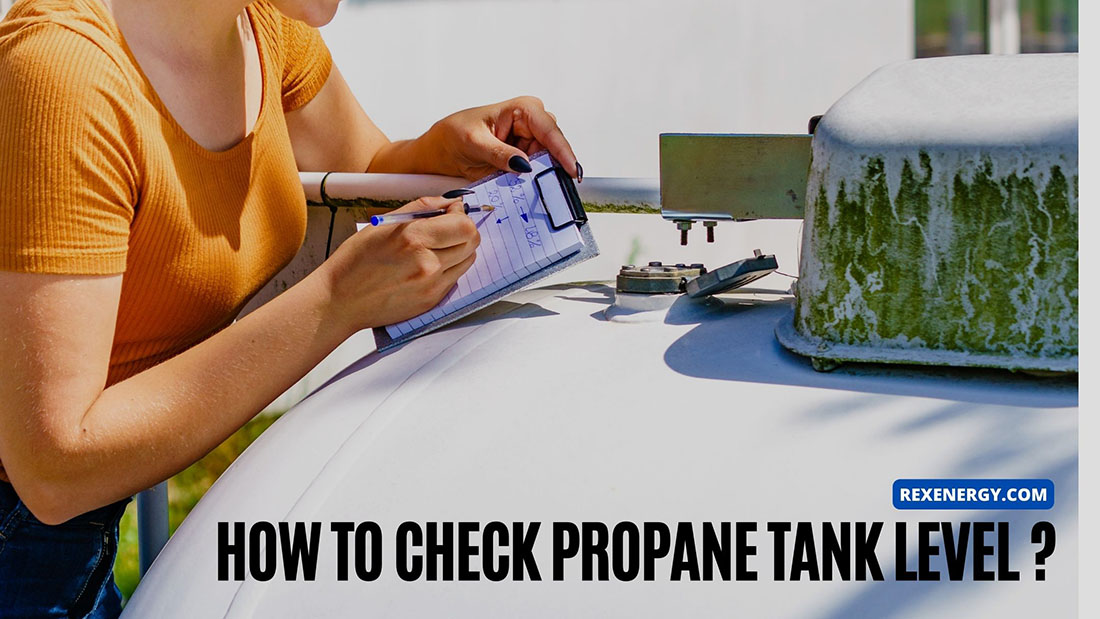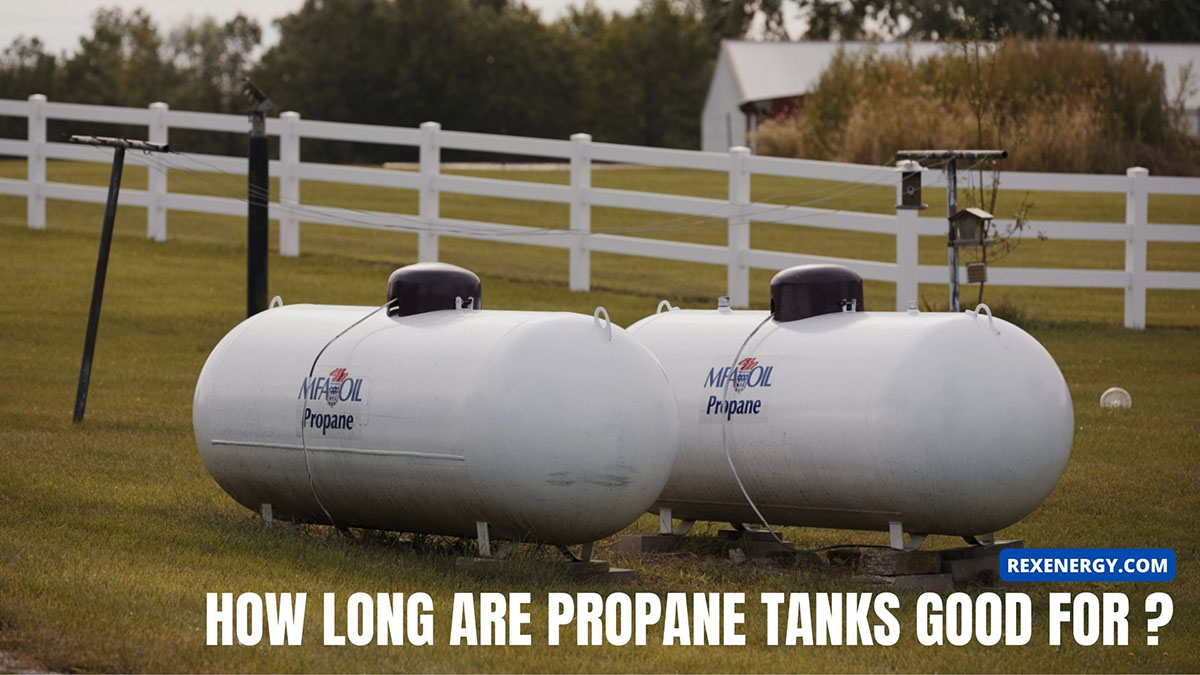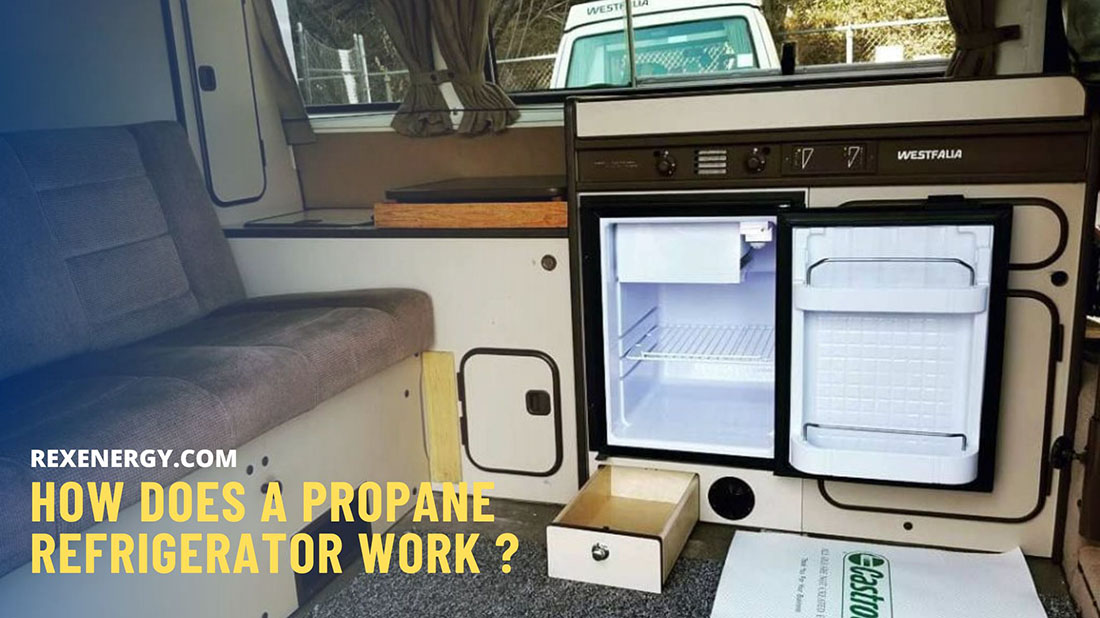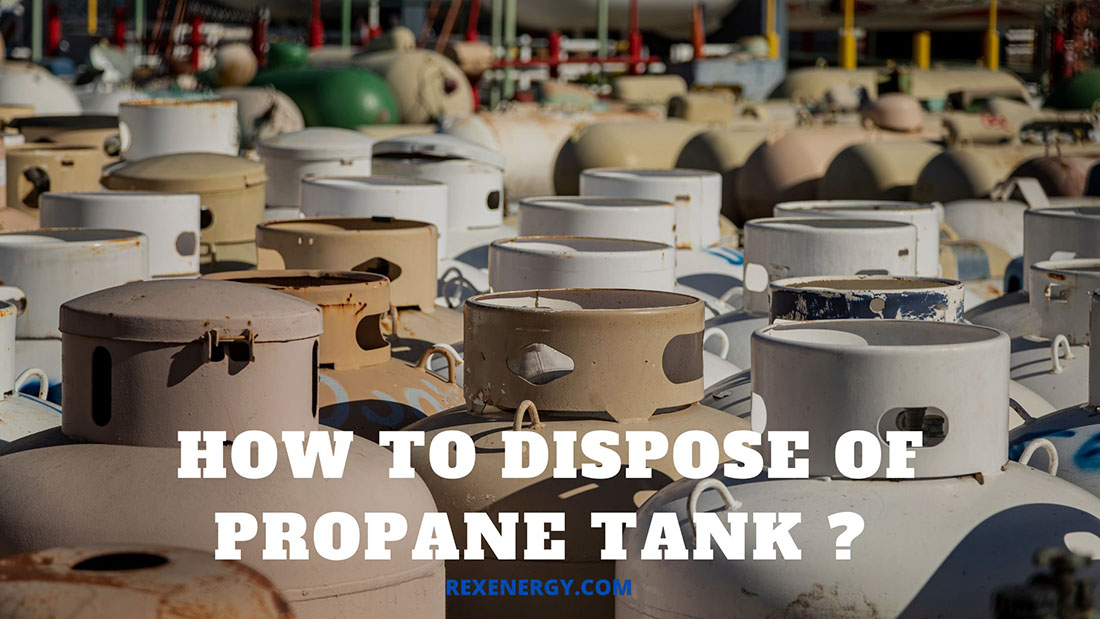While propane is a gas at room temperature, its form and condition might change drastically depending on the weather, eventually affecting how your engines or household appliances operate in the long run.
Our article will discuss the temperature of liquid propane and its implications in detail. Scroll to learn more!
At What Temperature Does Propane Liquify?
At standard atmospheric pressure, the propane boiling point is -44°F (-42°C). It will liquify when the temperature drops below -44°F and revert to its gas form if the temp reaches -44°F or higher. For instance, at -45 degrees F, this fuel will remain in a liquid state.
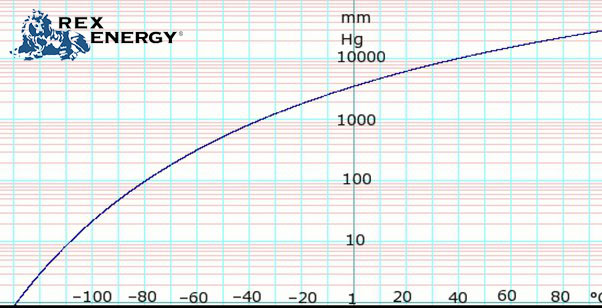
One interesting fact: in most appliances, the propane can stay liquid even at higher temperatures if stored under pressure. But once the valve is opened and the internal pressure is reduced, it will become gas vapor instantly. Most propane delivered to our houses is in a gaseous state.
Can You Use Liquid Propane?
Yes, as long as propane is heated to -44°F or more, it will boil and turn into gas (vapor) for cooking, heating, and powering machines and appliances. In practical terms, rarely does the temperature decrease to below -44°F, meaning propane will stay in its gaseous form. But if this is the case, here is how you can convert liquid to gas.
Stage 1. Put the propane in a heat source.
To turn the liquid propane into gas, you need a heat source, such as the tank’s heating element or a section of tubing.
Stage 2. Transfer the heat.
As the heat source warms up, the liquid propane absorbs heat to gain kinetic energy; its molecules begin to move faster.
Stage 3. Breaking bonds
In normal circumstances, the propane molecules stick together through intermolecular forces and stay in a liquid state. But now, the increased kinetic energy has weakened the bonds between the propane molecules and gradually separated those molecules from the liquid.
Stage 4. Vaporizing
Once the molecules break free from the liquid, they vaporize and become more spread out. The propane vapor collects in the space at the top of the container (above the liquid level in a propane tank if there is any liquid left). You can use it in grills, water heaters, stoves, etc.
Extra Note:
On the other hand, when the amount of liquid propane decreases in a container, its maximum vaporization rate also decreases. That’s because the steel and the liquid propane do not have enough contact area to provide heat for the vaporizing.
Furthermore, if your appliance has an extremely high fuel consumption rate, the propane’s vaporization speed might be unable to keep up with it.
Can Propane Freeze?
Yes, propane can freeze at -306.4°F, which is rare. The so-called “freezing” often occurs around the pressure regulators when the propane vaporizes and causes some of the moisture around the regulator to freeze, not the propane itself. Situations like these are nothing to worry about and quite normal.
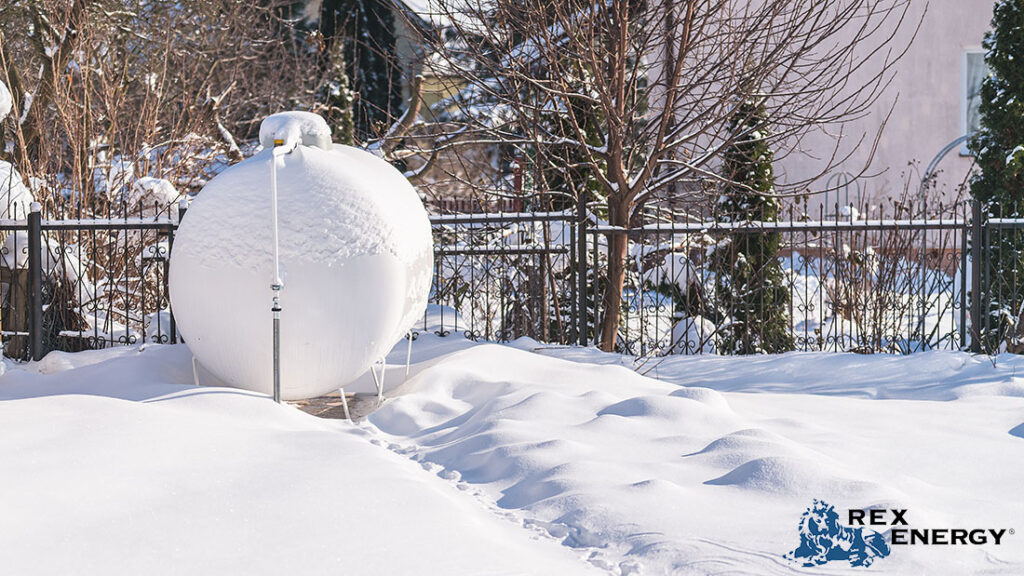
You will only get into real trouble when the container is overfilled, leaving almost no space for the propane to turn into vapor for future usage. As a result, the propane freezes and remains in liquid form even when passing through the regulator.
The same case also happens when your portable cylinder is not upright, preventing the system from drawing fuel inside the tank.
How to Avoid Propane Problems in Cold Temperatures?
Your propane won’t flow in cold weather and even shrink? To handle the issue:
- Always keep the tank 80% full. That means the liquid volume is greater, reducing the risk of shrinkage. Topping it off is also no good.
- Do not cover up your tank. Using covers for aboveground tanks (or letting ice and snow build up on them) will shield your propane fuels from warmth and sunlight. The pressure loss will only worsen over time.
Conclusion
Aside from the boiling point of propane, our article also discusses its condensation temperatures, how to use liquid propane, and extra tips to minimize pressure loss in cold climates. Contact our support team or your supplier if anything goes wrong during propane usage.

